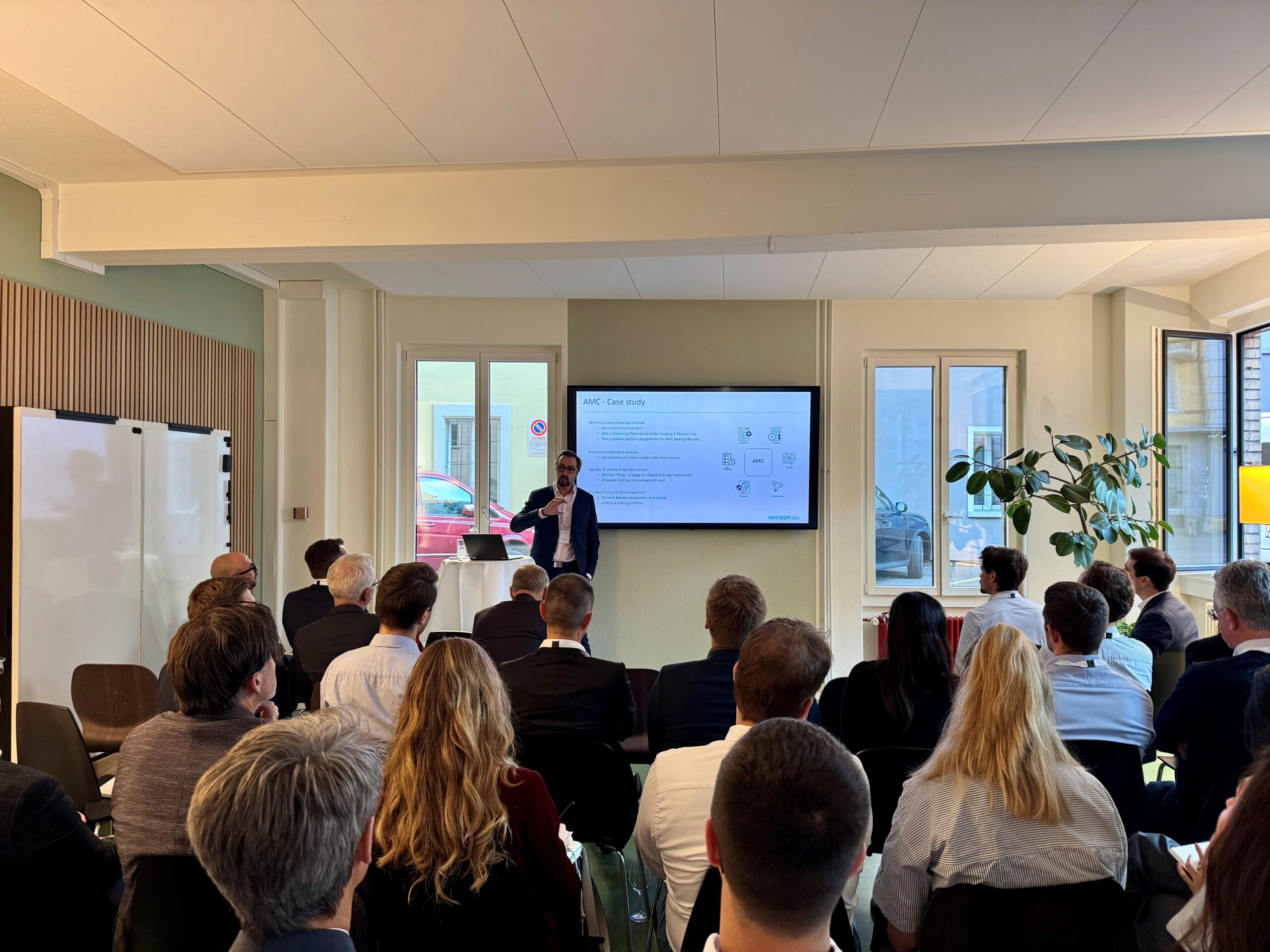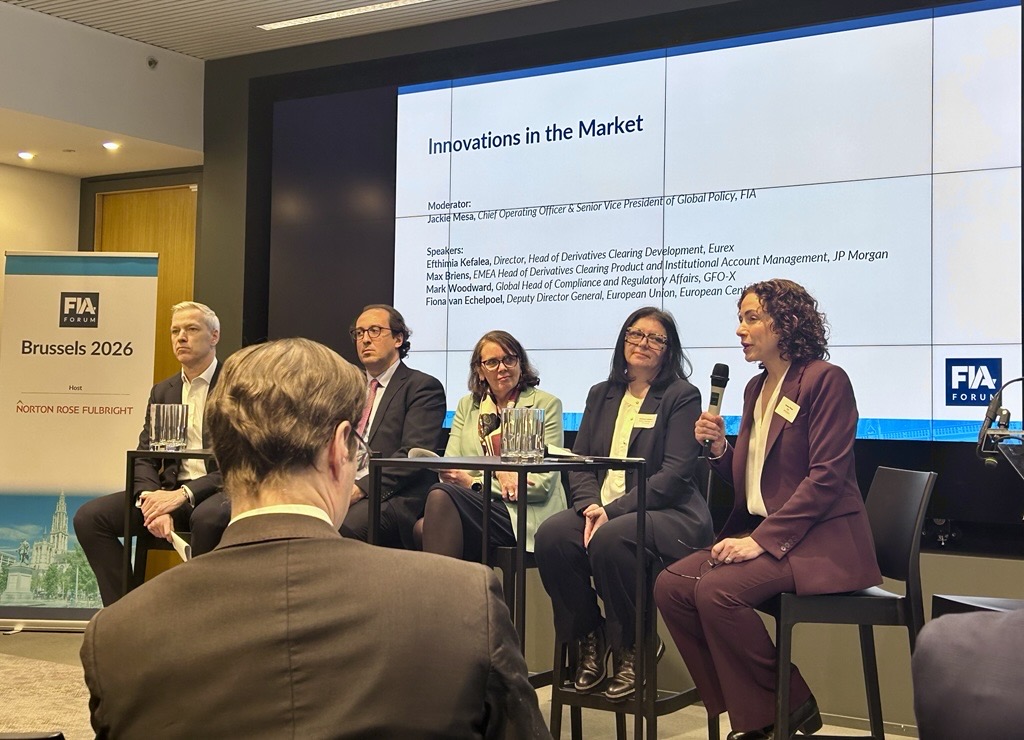Innovating at Speed in Structured Products & Derivatives: Key Takeaways from Zurich
At “Oepfelbaum & Friends meets Horizon” in Zurich (2 Oct 2025), we explored one tough question: how to innovate faster in structured products and derivatives while raising the bar on risk management.
- Horizon Trading Solutions shared global market trends and client learnings.
- Oepfelbaum unpacked machine learning techniques for fast pricing of autocallable Barrier Reverse Convertible (BRCs), where model speed and stability can materially improve and accelerate decisions for trading & risk teams.
Four Regions, One Reality: Rising Retail + Tech Enablement
APAC
Asia remains the most retail-driven region for listed structured products. Hong Kong approaches ~80% retail participation in warrants/CBBCs. Singapore keeps growing as a wealth and cross-border hub, while Indonesia turns scale into trading activity. ETFs surge across the region with innovation in crypto ETFs, covered-call income, and early tokenization experiments.
MENA
Saudi Arabia and the UAE continue to modernize with market-making across cash, ETFs, options, and commodities, and cross-border rollouts (UAE → KSA). Challenges remain (fragmentation, regulation, infrastructure), yet growth is unmistakable.
Europe
Resilience meets complexity. Flows tilt toward derivatives and fixed income; equity trading concentrates in a handful of names; retail interest grows and expects 24/7 trading. Priorities: simplify rules, reduce fragmentation, and invest in scalable tech. Product innovation like mini-futures (e.g., on Euronext) can stimulate participation.
North America
Digitally native investors push for fractional trading and longer trading hours. Firms deploy AI/ML for forecasting and stress testing; extended trading via ATSs raises infrastructure and risk questions. Strong pre-trade and firm-wide risk frameworks are now a competitive advantage.
Horizon’s Point of View: Time-to-Market Is the Advantage
From AMCs and ETFs to listed certificates, winners prioritize modularity market connectivity, clean data plumbing, and automation that adapts quickly to new instruments and geographies.
What We’re Building Toward
- 24×6 → 24×7 readiness. Re-architect the backbone and rework end-of-day processes to minimize maintenance windows while preserving auditability and resilience.
- Standard APIs first. Lead with FIX and REST plus rigorous symbology governance from day one to avoid brittle integrations later.
- Service-oriented design. Mix-and-match OMS/EMS, SOR, market-making, and an algo framework so teams ship faster without rewriting the house.
ML for Faster Autocallable BRC Pricing (Oepfelbaum)
Clemens Jeger and Sandro Baumgartner presented Oepfelbaum’s internal research project on how machine learning models accelerate pricing for autocallable (BRCs) in risk applications and what to look out for when developing such models. Why it matters: faster scenarios enable tighter feedback loops for hedging, VaR, and better responsiveness during volatile sessions.”
Three Takeaways for 2026 Planning
- Trading Retail Flow is a global trend. Design products and UIs for speed, transparency, and education.
- Technology better enables time-to-market. Automation, robust risk frameworks, and ML determine how quickly you can launch and hedge.
- Modularity beats monoliths. A service-oriented stack shortens time-to-market across regions and product lines.
What to Read Next
Want the technical patterns behind this strategy AMCs, ETF options, listed certificates, ETD execution, and how we approach 24/7 resilience? Talk to our team about a discovery workshop.


